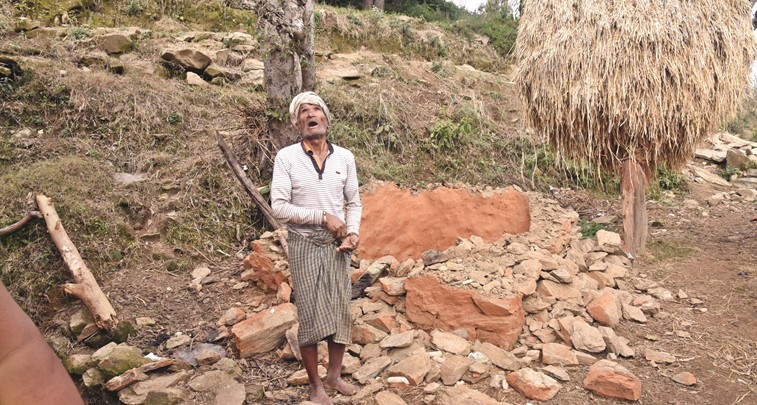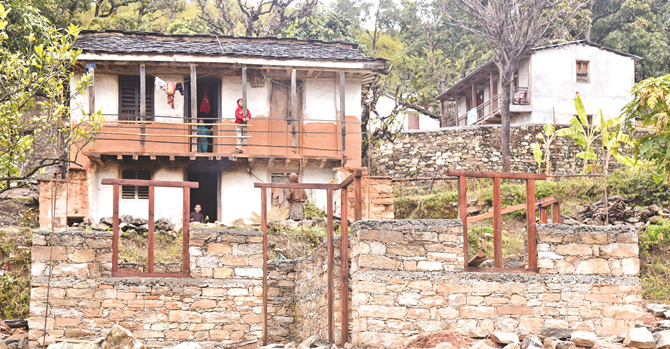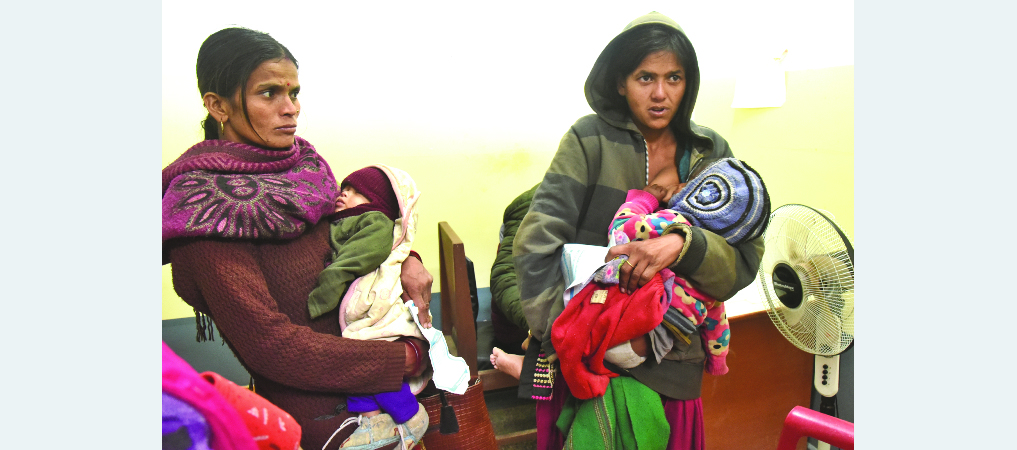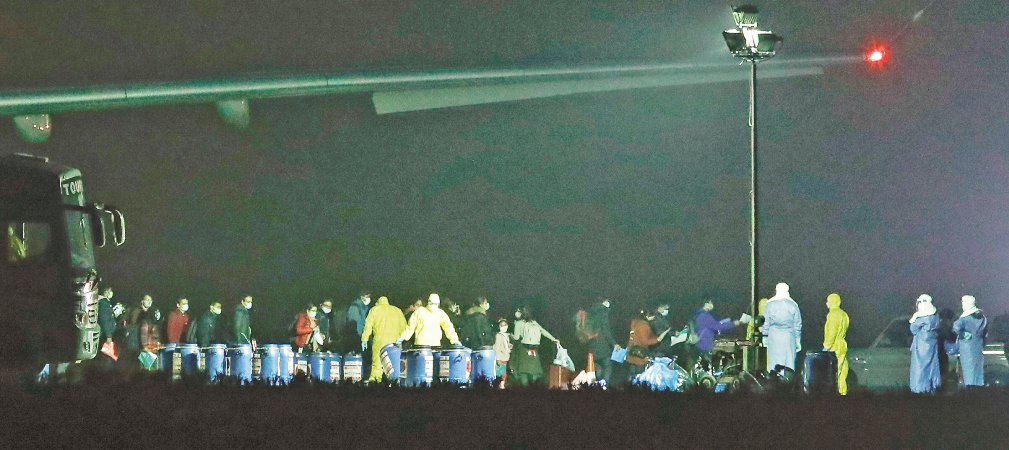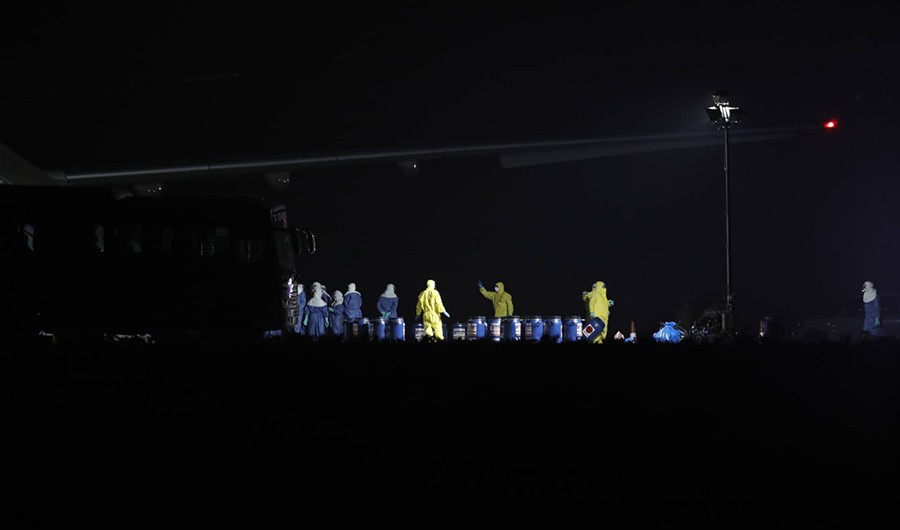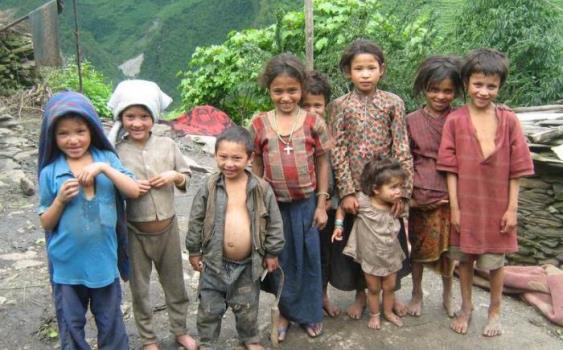Blood donation dips amid ongoing pandemic
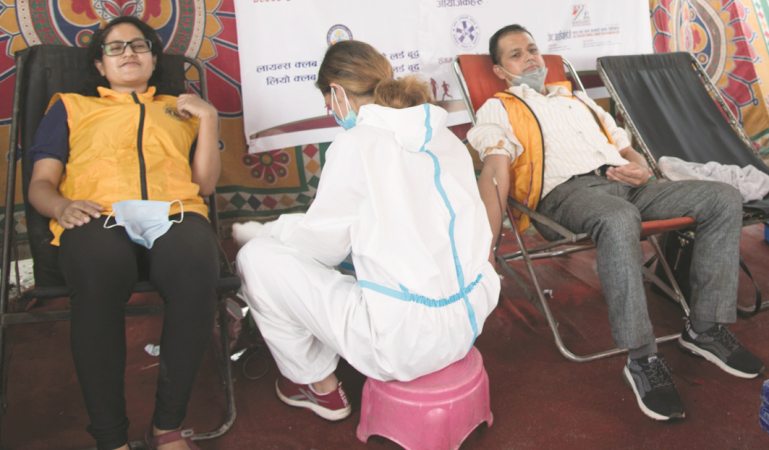
By Ajita Rijal
Kathmandu, Dec. 8: The ongoing COVID-19 pandemic has resulted in shortage of blood. With pandemic and the ensuing lockdown, the usual community blood donation drives and camps that used to occur in the past, were largely halted, leading to shortage of blood for those in need, affecting patients with blood transfusion requirements.
Dr. Manita Rajkarnikar, Director of Central Blood Transfusion Service at the Nepal Red Cross Society (NRCS), said that blood donors were declining due to the ongoing pandemic.
“Many blood donation drives have been cancelled due to the COVID-19, so we are facing the shortage of blood time and again, and now it has heightened due to the pandemic,” said Dr. Rajkarnikar.
Dr. Rajkarnikar said that most of the blood donors are in quarantine, or are on contract tracing or may have been infected from COVID-19. Moreover, many do not want to reach the donation camp, for fear of contracting the virus. This has all led to a fall in blood donations, she added.
This Saturday, at the six camps organised by the NRCS, 154 donors donated the blood, informed Dr. Rajkarnikar, adding that the number of donors is less due to the COVID-19.
The NRCS has managed to supply about 120 units of blood per day on average, while it is able to collect around 60 units on a daily basis, informed Rajkarnikar.
According to NRCS, it had supplied 125,000 units of blood last year, which amounts to around 340 units of blood a day.
Blood is necessary for surgeries, cancer treatments and kidney patients who are undergoing dialysis, emergency surgeries, expecting mothers with complications in childbirth and in other emergency cases. Blood is also necessary for patients suffering from anaemia, leukemia, thalassemia and several other diseases.
“Yes, there is a huge gap in the number of donors, and so we are requesting the entire humanitarian organisations to organise mobile camps to collect blood,” said Dr. Rajkarnikar responding to TRN question.
Meanwhile, Prem Sagar Karmacharya, Chairman of Nepal Voluntary Blood Donors’ Society, assured that there was no risk of getting COVID-19 infection from donating blood and that it was safe for healthy people to reach the blood donation camp following safety protocols.
Karmacharya said that there would never be shortage of blood if there was proper coordination among the concerned authorities.
“We have called upon the donors in the middle of night also, in case of emergency,” said Karmacharya, adding that the donation drive must be approached from the local level to avoid the crunch.
Dr. Rajkarnikar also said the recovered COVID-19 patients could donate blood for plasma therapy to help others who have contracted the disease.
One can donate blood after 28 days from contracting the COVID-19, they can be donors, but still the research is going on about whether their blood will work for transfusions in other cases except for COVID-19 critical patients, shared Dr. Rajkarnikar.
Meanwhile, on a positive note Prasuram Dahal, the in-charge of blood bank at Paropakar Maternity and Women's Hospital, one of the largest hospitals in Kathmandu, said that the hospital has not faced blood shortage in the time of pandemic as well.
He said that the hospital was adopting special safety measures in order to continue blood donation. “The hospital needs around 20 units of blood on a daily basis and we have managed it,” said Dahal.
Besides, blood donation in critical time of public health crisis is both sensitive in terms of safety and transmission, but also very critical for saving lives.
Recent News

Do not make expressions casting dout on election: EC
14 Apr, 2022
CM Bhatta says may New Year 2079 BS inspire positive thinking
14 Apr, 2022
Three new cases, 44 recoveries in 24 hours
14 Apr, 2022
689 climbers of 84 teams so far acquire permits for climbing various peaks this spring season
14 Apr, 2022
How the rising cost of living crisis is impacting Nepal
14 Apr, 2022
US military confirms an interstellar meteor collided with Earth
14 Apr, 2022
Valneva Covid vaccine approved for use in UK
14 Apr, 2022
Chair Prachanda highlights need of unity among Maoist, Communist forces
14 Apr, 2022
Ranbir Kapoor and Alia Bhatt: Bollywood toasts star couple on wedding
14 Apr, 2022
President Bhandari confers decorations (Photo Feature)
14 Apr, 2022



